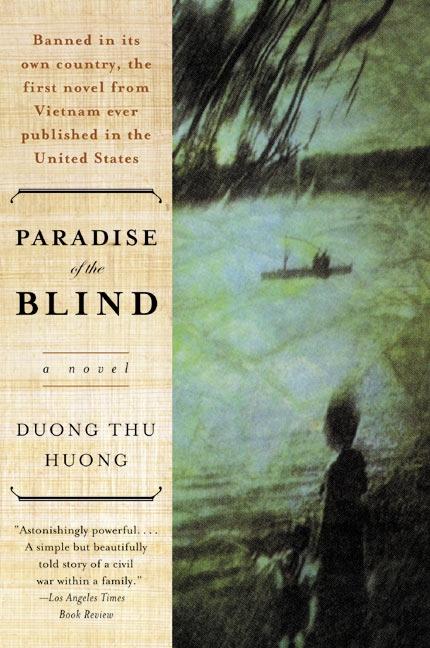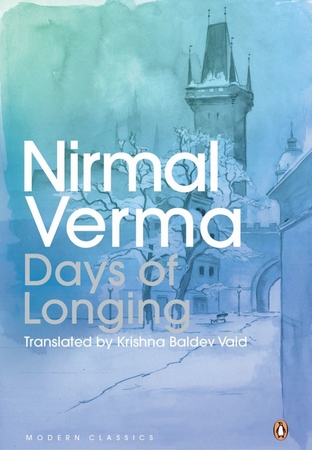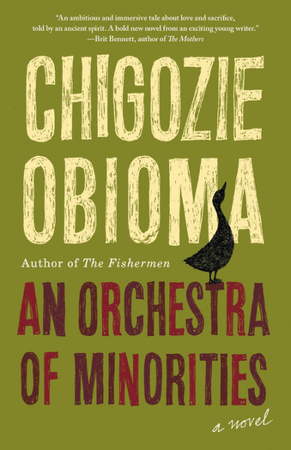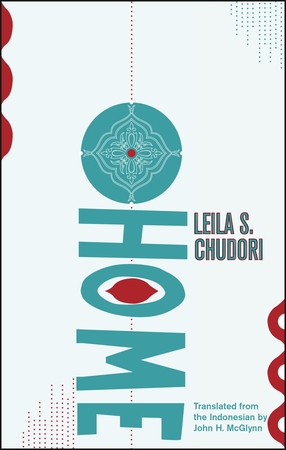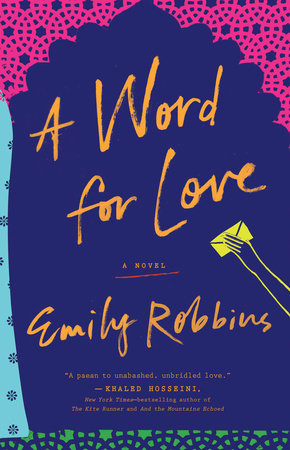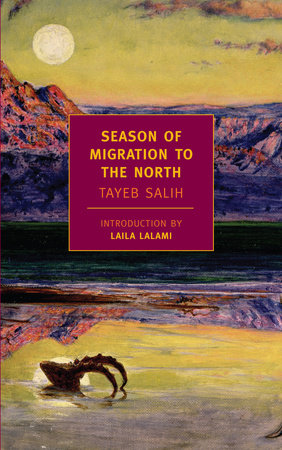Electric Lit relies on contributions from our readers to help make literature more exciting, relevant, and inclusive. Please support our work by becoming a member today, or making a one-time donation here.
.
Student travelers take themselves out of one story and place themselves in another, one in which they have little control. With expectations based on their race, gender, and class replaced, they may find freedom in once-unbroachable relationships, or have to summon up the courage to push back against new strictures.
One of my favorite characters to write in my novel Where the Sun Will Rise Tomorrow was Nash, the kid who returns from study abroad and will not shut up about it. Nash is an Indian student studying abroad in Japan, a position that has several international resonances in the early 1900s when the novel is set. Though Nash is from India, he’s still a British colonial subject. Japan, meanwhile, has recently triumphed over Russia in the Russo-Japanese war, and foreign students in Japan are instrumental in the formation of a new pan-Asian solidarity that will not cohere for decades yet. Leela, the villain-protagonist, faithfully read and responded to his letters while he was in Japan, but after he returns, she wants him to go back to being who he was. Leela wants their anti-colonial agitation to be grounded in Indian—and to her mind, Hindu—symbolism; Nash has her attention, but like many of the student travelers on this list, not quite the wherewithal to articulate what he’s learned from where he’s been until it’s much too late.
With study abroad yet another casualty of 2020, and with all of us perhaps in need of a story in which someone takes on disorientation and survives, these novels offer glimpses into student travelers’ attempts to make sense of where they are, and who they have become.
Paradise of the Blind by Dương Thu Hương, translated by Nina McPherson & Phan Huy Đường
This novel—possibly the most stunningly lyrical I’ve ever read—has been banned in Vietnam for its denouncement of the post-war Vietnamese government, but the story’s present takes place in the USSR. Hang, who’s been forced to leave college and go abroad to make money for her family, struggles to make sense of what she owes her family, who themselves have as many different valuations of what she owes as they do political opinions. Only in her interactions with The Bohemian, a boy she’d had chemistry with back home who’s now a student in Moscow, does she get a respite from responsibility.
Days of Longing by Nirmal Verma, translated by Krishna Baldev Vaid
An Indian student in 1960s Prague, wandering and drinking his way through a Czech winter, serves as a translator for a slightly older Austrian woman and falls in love. He doesn’t think of himself as an immigrant, and so his loneliness, and that of his fellow stranded international student friends, feels both unanchored and quite precisely tethered to being on the edge of adulthood.
The German Room by Carla Maliandi, translated by Frances Riddle
A middle-aged Argentinian woman blows up her life to return to her natal city of Heidelberg, Germany where she pretends to be a student in order to secure cheap housing in the student dorms. Divested of her mobile phone and laptop (which I loved, as someone else who left their laptop at home), she forces herself to drift. Her dormmate’s determination to draw her into friendship via karaoke runs a sly, sad line through her muddled self-sabotage.
Orchestra of Minorities by Chigozie Obioma
Poultry farmer Nonso’s desire to become an international student is real—he wants to achieve a European sheen to make him worthy of his rich beloved, Ndali—but when he finds out he’s been scammed when he leaves Nigeria for university in Northern Cyprus (a country that doesn’t officially exist). A transcreated Odyssey, Nonso strives to get himself home before Ndali stops waiting. Narrated by a guardian spirit, it’s a dense book in the best way, tracing a tale of someone with a great deal of knowledge—not only of poultry but also of Igbo cosmology—immediately rendered useless.
Cold Earth by Sarah Moss
In this novel by Sarah Moss, British literature student Nina joins a group of archeologists on a trip to Greenland. While Nina tries to ascertain whether the dig is haunted or whether she’s simply unable to bear its realities, the group learns that a virus that was just a blip on the news radar when they left has become a global pandemic, and they may be student travelers forever.
Home by Leila S. Chudori, trans. John H. McGlynn
Lintang’s father was exiled from Indonesia during Suharto’s reign and he made a comfortable life for himself in France. Leaving the Sorbonne, Lintang returns to Indonesia to understand her roots just in time for the 1998 student protests leading to Suharto’s resignation.
A Word for Love by Emily Robbins
In fellow American-in-Norway Emily Robbins’ debut, Bea is an American studying in Syria just before the unrest. From her outsiders’ perspective, she is perfectly placed to witness the romance between her host family’s migrant worker maid, Nisrine, and a local policeman, Adel. Bea travels the world only to spend most of her time inside the walls of her host family’s home—a rare, realistic depiction that allows the quiet relationships she forges with them to shine.
Season of Migration to the North by Tayeb Salih, translated by Denys Johnson-Davies
“I am no Othello. Othello was a lie.” In this postcolonial classic, a man returns to his Sudanese village from his studies in England only to meet Mustafa Sa’eed, who has also studied abroad and can recite English poetry to prove it. Mustafa, however, is overtaken by his bitterness about that time in his life, particularly about his relationships with fetishizing white women. After Mustafa’s death—possibly suicide—the narrator must grapple with his own relationship to his time abroad and his changed identity.


